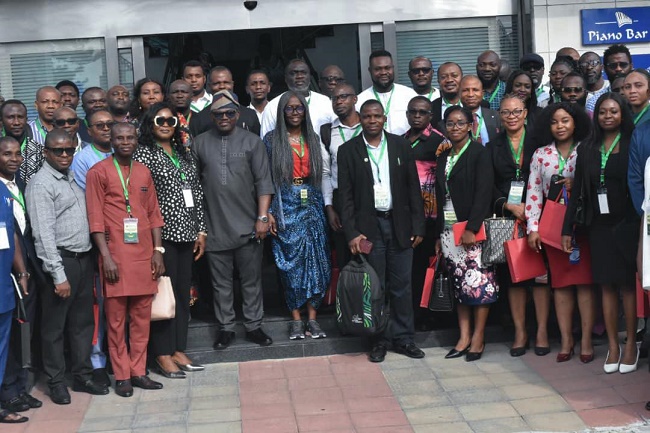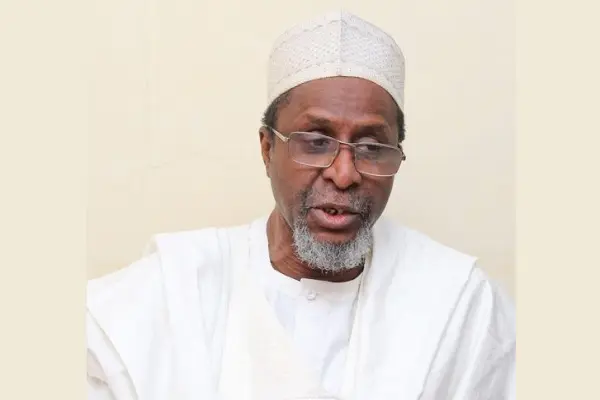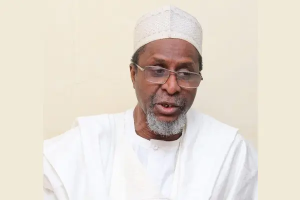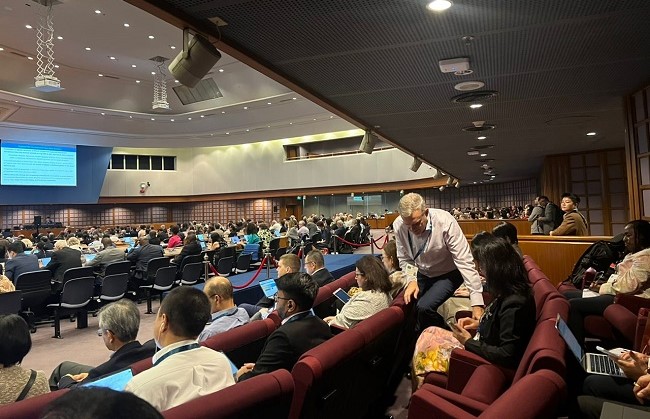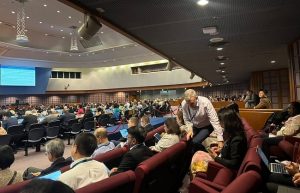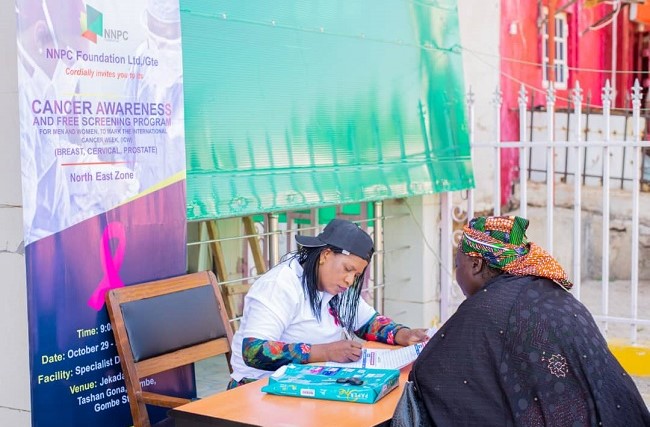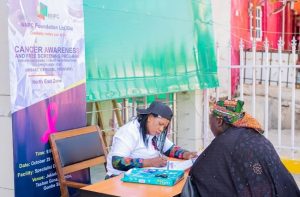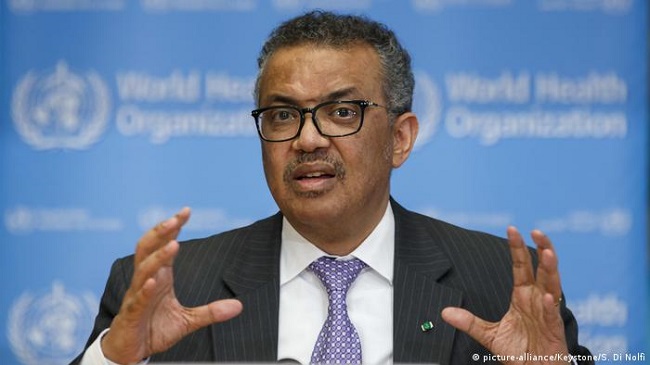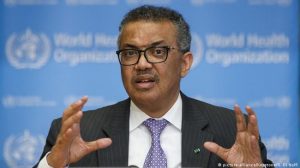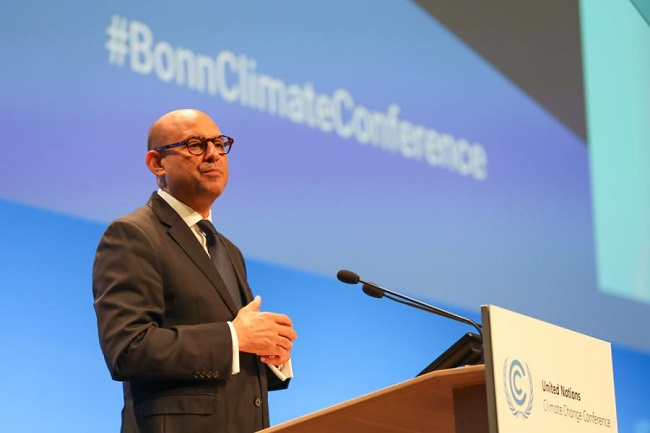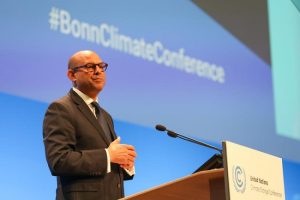The Nigerian Content Development and Monitoring Board (NCDMB) is gearing up to launch new Contracting Cycle Guidelines for the oil and gas industry in compliance with the Presidential Directives on Local Content announced by President Bola Ahmed Tinubu in March 2024 to accelerate oil and gas contract timelines, incentivise investments in the sector and increase Nigeria’s crude oil production.
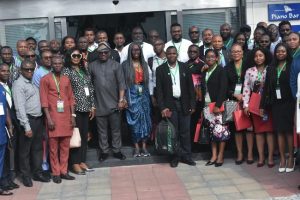
Executive Secretary of the NCDMB, Felix Omatsola Ogbe, announced this at the two-day Contracting Cycle Guidelines Sensitisation Workshop organised in Lagos by the Project Certification and Authorisation Directorate (PCAD) of the Board for international and indigenous operating oil and gas companies and their service counterparts.
The workshop provided a platform for NCDMB to explain the provisions of the Guidelines and how it would implement them in alignment with the Nigerian Oil and Gas Industry Content Development (NOGICD) Act and the Presidential Directives.
Represented by the Director, Project Certification and Authorisation, Abayomi Bamidele, the Executive Secretary emphasised that NCDMB is a business enabler hence the decision to get stakeholders’ feedback before finalising and launching the guidelines at the forthcoming Practical Nigerian Content Workshop slated for December 3 to 5, 2024, at the Nigerian Content Tower, Yenagoa, Bayelsa State.
To further assist the companies, he promised that NCDMB would convene a technical workshop in the first quarter of 2025 to train personnel of operating and service oil and gas companies on how to efficiently complete various technical documents utilised in oil and gas contracting process.
The three Presidential Directives are the Presidential Directive on Local Content Compliance, Presidential Directive on Reduction of Petroleum Sector Contracting Cost and Timelines, and Presidential Directive on Oil and Gas Companies (Tax Incentives, Exemption, Remission, etc).
Commenting on the objectives of the Presidential Directives, Ogbe canvassed that for Nigeria to deepen local content practice and grow the sector, it must eliminate premium margins charged by some service companies, stop frequent policy changes and ensure that final investment decisions (FIDs) are signed regularly, to catalyse new projects. He recommended that at least one or two FIDs should be signed at the annual oil and gas conferences, to create activities in the sector.
The Executive Secretary provided further details on the Presidential Directives and the Board’s actions, noting that the PD on Local Content Compliance addressed issues pertaining to NCDMB, while the PD on Reduction of Petroleum Sector Contracting Cost and Timelines referred to NCDMB and the Nigerian National Petroleum Company and its investment arm, the NNPC Upstream Investment Services (NUIS).
He added that NCDMB is working to support oil firms to accelerate their projects and take advantage of the incentives provided by the PD on Oil and Gas Companies (Tax Incentives, Exemption, Remission, etc).
He informed that the PDs reduced the period for concluding oil and gas contracts from 180 days to six months, while it also revised the Contracting Timelines in the Memorandum of Understanding (MoU) the Board had signed with the Nigerian National Petroleum Company Ltd and international operating companies in September 2023 and reduced the number of days allotted to NCDMB on the cycle.
He pointed out that the Board was mandated to develop templates to collapse its touchpoints on the contracting cycle to enhance the business environment within the provisions of the law. Accordingly, the Board has reduced its touchpoints from nine to five for open tenders and selective tenders, while retaining only four touchpoints for single source contract.
He stated that another goal of the Presidential Directive is to eliminate intermediaries with no demonstrable capacity and to develop structured processes to determine, verify and document in-country capacities and capabilities. He added that the Board has adopted robust pre-qualification and technical evaluation process, policy revisions to provide clarity on in-country value addition for OEM representatives and in-country capacity audit every two years.
Another objective of the PD is to target global benchmarks. For this, he noted that NCDMB is proposing the co-creation of tender cost templates/tariffs, the promotion of joint venture of local/foreign service companies, the adoption of robust waiver management system by the Board and conveyor belt of at least two final investment decision (FID) per year.
The workshop featured technical presentations and interactions, and the participants thanked NCDMB for providing a platform for stakeholders to make constructive inputs into the industry’s operating guidelines.

